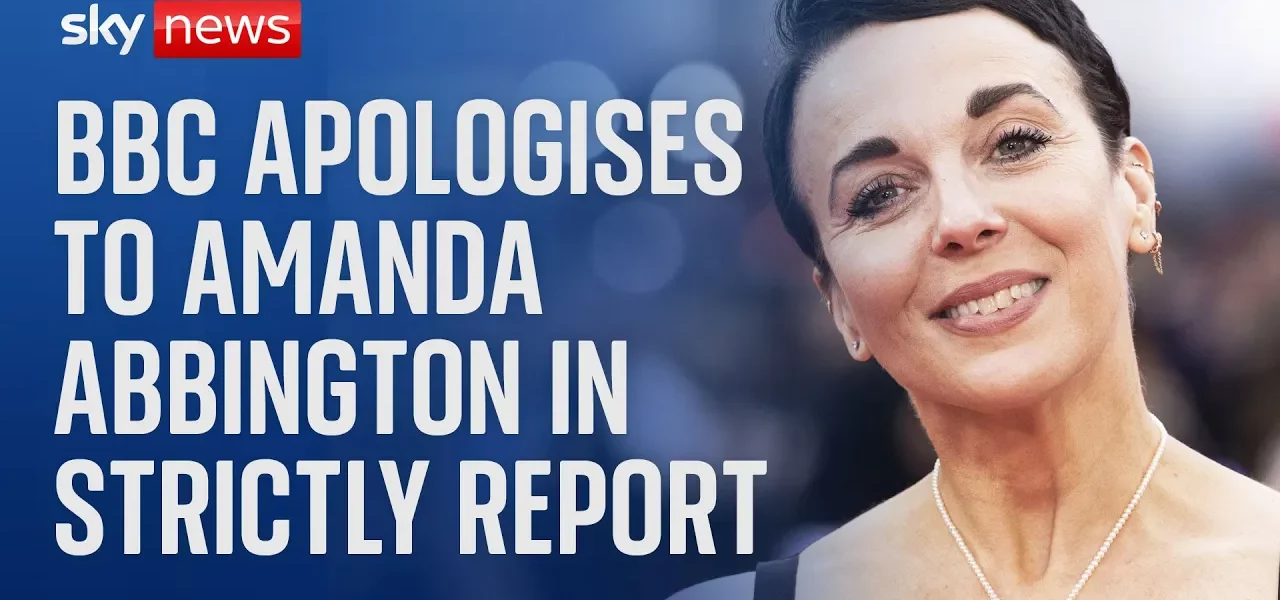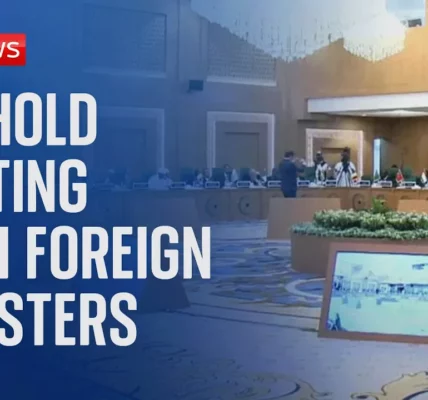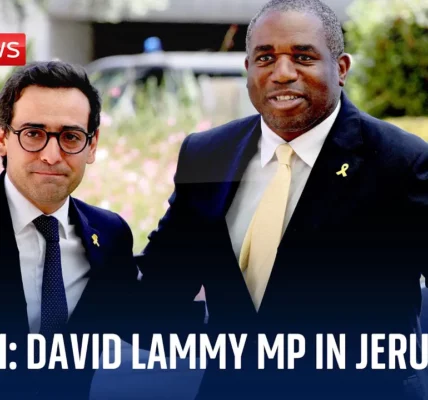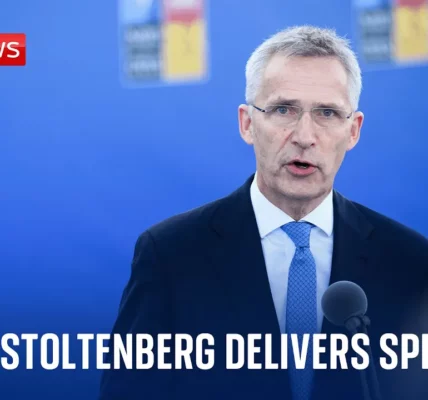BBC Apologizes to Amanda Abington: An In-Depth Analysis

This article delves into the recent events surrounding Amanda Abington’s complaints against Giovanni Pernice and the BBC’s subsequent apology, exploring the implications for the entertainment industry.
Introduction
On the heels of the new season of “Strictly Come Dancing,” the BBC has issued an apology to former contestant Amanda Abington after reviewing her complaints against professional dancer Giovanni Pernice. This situation is a critical examination of the broader issues of bullying and harassment within the entertainment industry. Abington’s courage to come forward has sparked discussions about the treatment of contestants and the responsibility of networks to ensure a safe working environment.
The BBC’s Findings and Apology
The BBC’s announcement regarding Amanda Abington’s complaints has been a significant development in the ongoing narrative surrounding “Strictly Come Dancing.” After a thorough investigation, the BBC upheld some of Abington’s allegations while dismissing others. Here’s a breakdown of the findings:
- Complaints of verbal bullying were upheld.
- No findings were made concerning physical aggression.
- The BBC acknowledged the complexity of the accusations as a reason for the delay in their findings.
Statement from Amanda Abington
In response to the BBC’s findings, Amanda Abington issued a statement that highlighted the challenges she faced after coming forward. She emphasized that the apology was not only a personal vindication but also a validation for others who have experienced similar issues in the industry.
The Context of the Allegations
The backdrop of these allegations paints a troubling picture of the environment in which contestants operate. Abington’s experiences included:
- Public backlash and accusations against her character.
- Threats made against her and her family, including rape and murder threats.
- A sense of isolation following her decision to voice her concerns.
Implications for the Entertainment Industry
Abington’s situation raises critical questions about the culture of reality television and the treatment of contestants:
- How can networks implement better support systems for participants?
- What measures should be taken to address allegations of bullying and harassment promptly?
- How can networks ensure that contestants feel safe coming forward with their experiences?
Industry Reactions and Future Actions
The BBC’s handling of the situation has garnered mixed reactions from the public and industry insiders alike. Many are praising Abington for her bravery, while others are critical of the BBC’s delayed response. The network has committed to improving conditions for contestants through:
- Chaperones present during rehearsals.
- Daily logs maintained by training room observers.
- Weekly welfare meetings with senior management.
Giovanni Pernice’s Position
As the inquiry concluded without any findings of physical aggression against Pernice, the professional dancer has yet to publicly comment on the matter. His absence from the current season of “Strictly Come Dancing,” where he has previously been a fan favorite, adds another layer to this evolving story.
Conclusion
The BBC’s apology to Amanda Abington marks a pivotal moment in addressing issues of bullying and harassment in the entertainment industry. It serves as a reminder of the importance of creating a safe environment for all participants. As discussions continue, it is crucial for networks to take actionable steps to support and protect their talent. For anyone affected by similar issues, speaking out is vital, and there are resources available to assist. Let’s continue to advocate for a culture of respect and safety in entertainment.
If you would like to read more about the impact of harassment in the entertainment industry, check out our related articles on bullying in entertainment and support resources for victims.
“`




